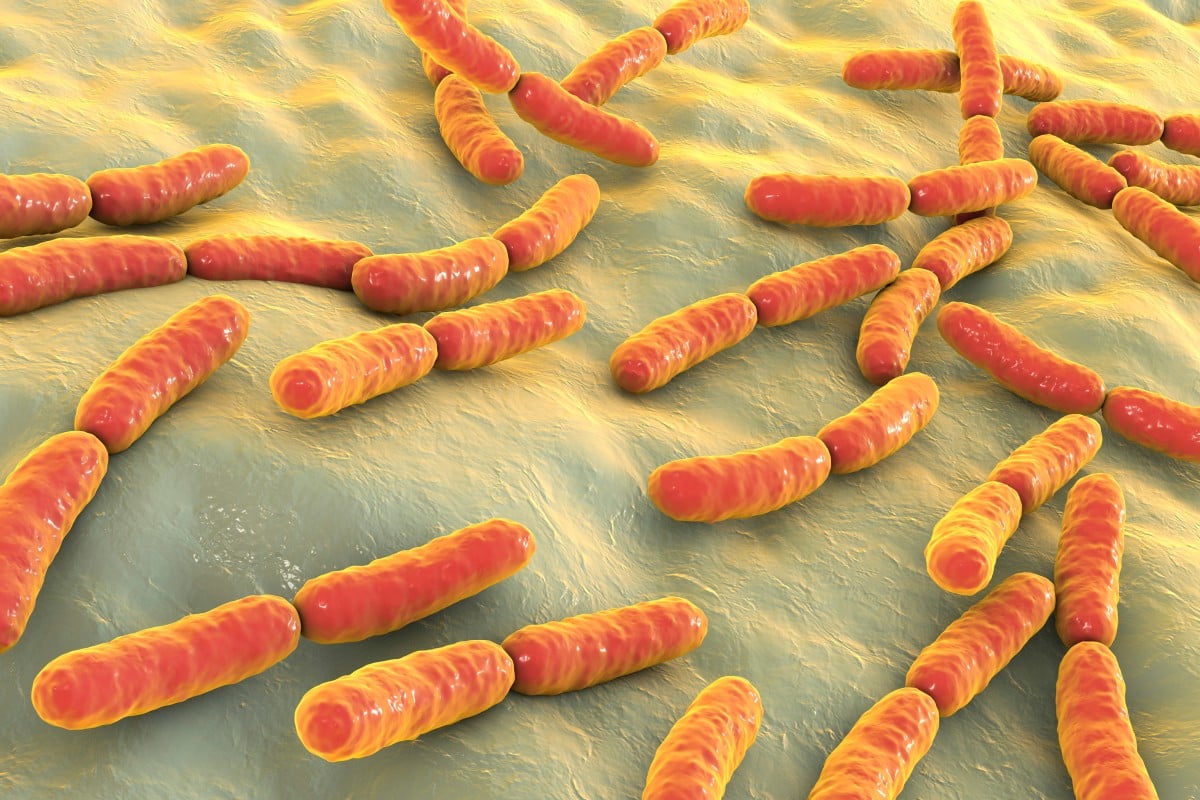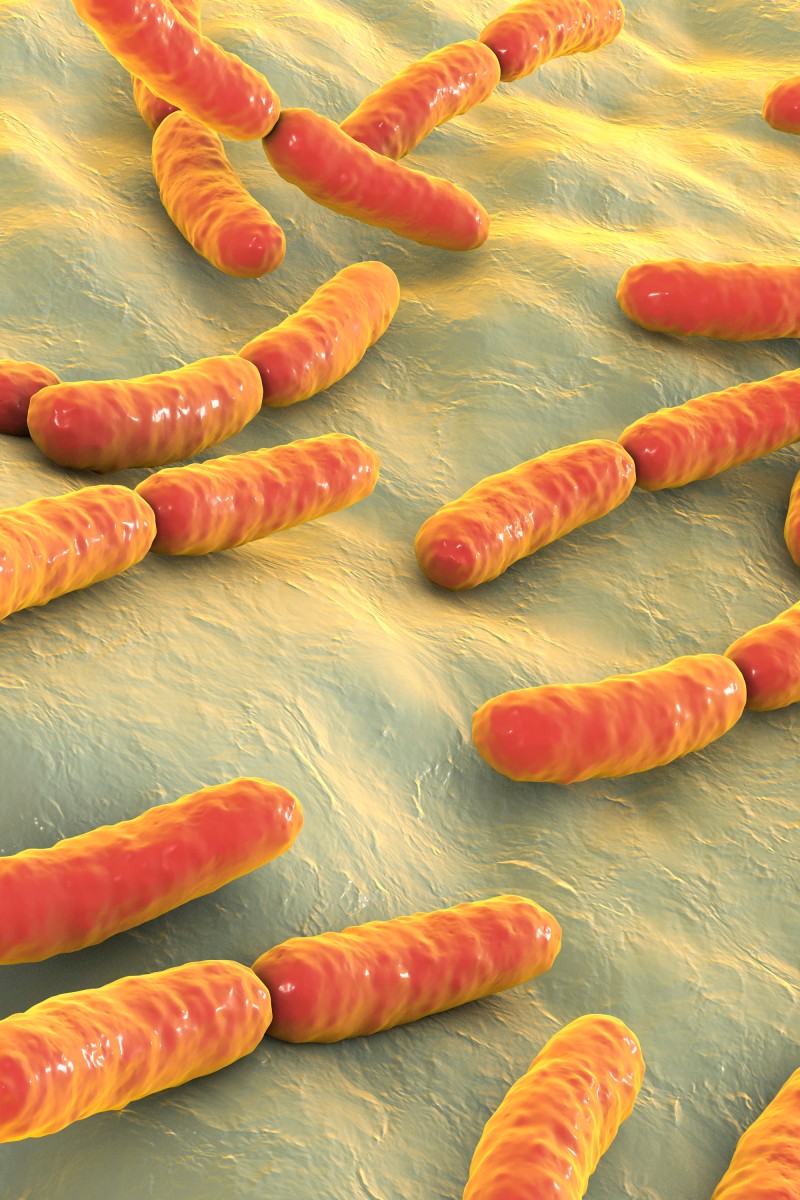
The bacteria in our stomach may have an impact on our mental health, a study has revealed.
Researchers in Belgium did a study into our well-being and the microbes that live inside us. They found that people with depression always had low levels of bacteria known as Coprococcus and Dialister whether they took medicine or not. If these findings are proved to be correct, it could lead to new treatments for mental health disorders based on probiotics that boost levels of “good” bacteria in the gut, or intestines.
Jeroen Raes of the Flanders Institute for Biotechnology and the Catholic University of Leuven drew on medical tests and doctors’ records to look for links between depression, quality of life and microbes lurking in the poo of more than 1,000 people.
How more resources can help young Hongkongers with mental health issues
They found two kinds of bugs – Faecalibacterium and Coprococcus – were both more common in people who claimed to enjoy a high mental quality of life. Meanwhile, those with depression had lower than average levels of Coprococcus and Dialister.
The study reported in Nature Microbiology does not prove that gut microbes affect mental health. It is possible that the effect works the other way around, with a person’s mental health having an impact on the bugs that thrive inside them. But in follow-up experiments, Raes and his team found evidence that gut microbes can at least talk to the human nervous system by producing neurotransmitters that are crucial for good mental health.
“We studied whether gut bacteria in general would have a means to talk to the nervous system, by analysing their DNA,” he said. “We found that many can produce neurotransmitters or precursors for substances like dopamine and serotonin.” Both dopamine and serotonin have complex roles in the brain and imbalances have long been linked to depression.
Why it's important for Hong Kong to remove the stigma around mental health
Microbes that live outside the body, for example those found in soils, are not able to make the same kinds of neurotransmitters, Raes said. This is perhaps because they did not co-evolve with humans and learned to benefit from tapping into their host’s nervous system, he added.
If low levels of the bacteria are to blame for at least some depression, it opens the door to probiotic treatments that boost their populations in the gut. But Raes said the connection has to be proved first. That will involve growing the bugs in the lab to see what substances they make, testing their effects in animals, and treating them with tailored probiotics. Only then could scientists consider human trials.
In two separate reports, both published in Nature Biotechnology, scientists in China and a UK-Australian collaboration describe how they sequenced the DNA of more than 100 new species of gut microbes. The work amounts to the most comprehensive list of human gut bacteria to date.
The vast catalogue of human gut bugs will help scientists to identify which bacteria are in patients’ bodies and drive research into new treatments for conditions as broad as irritable bowel syndrome, allergies and obesity.
